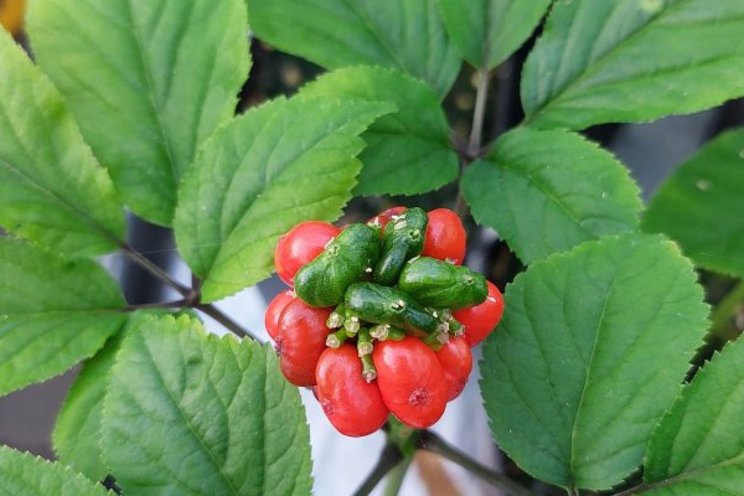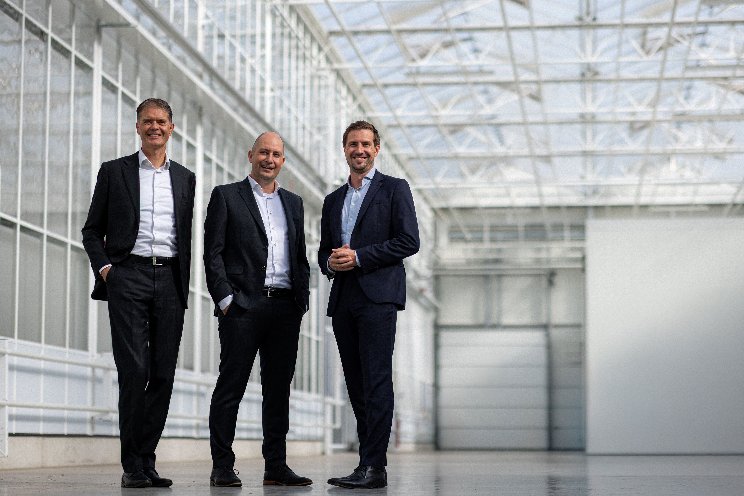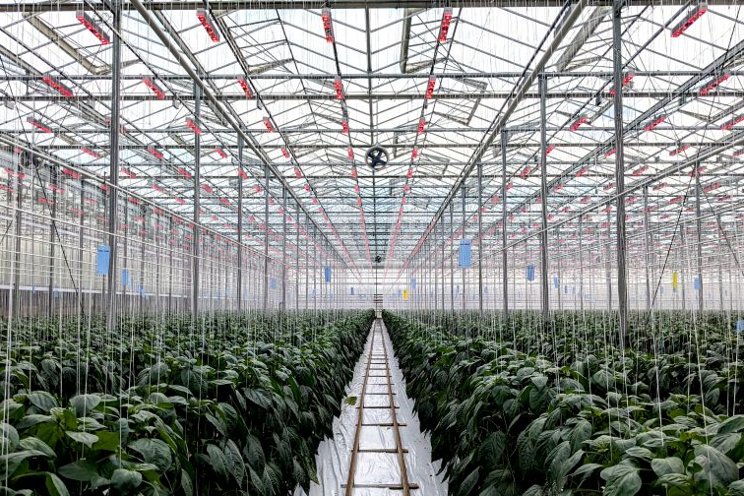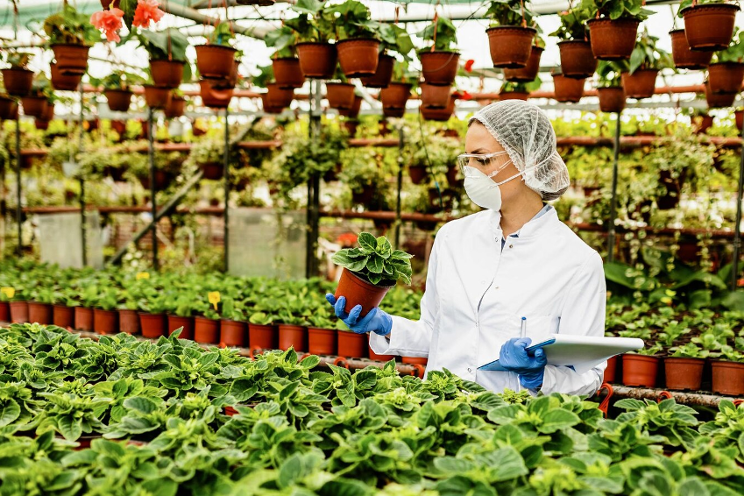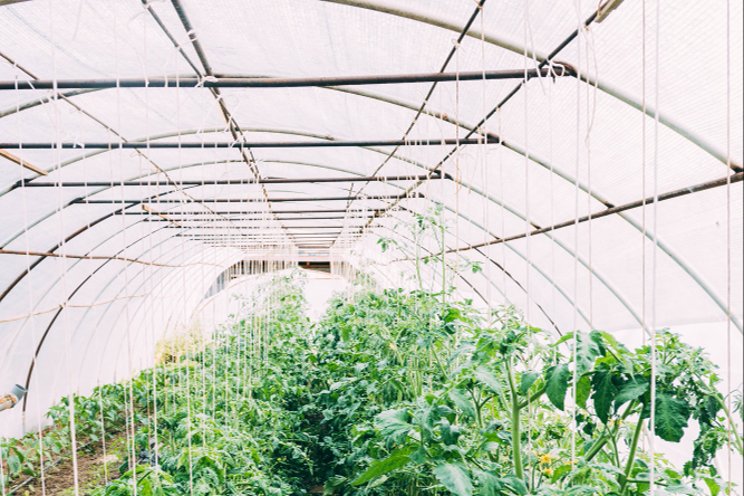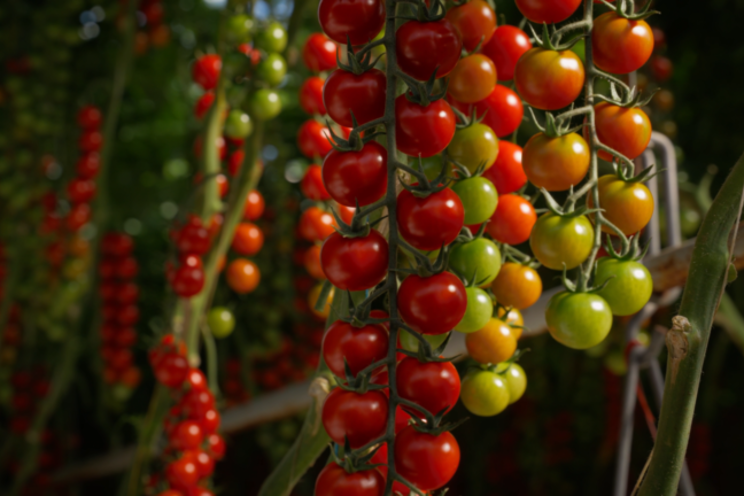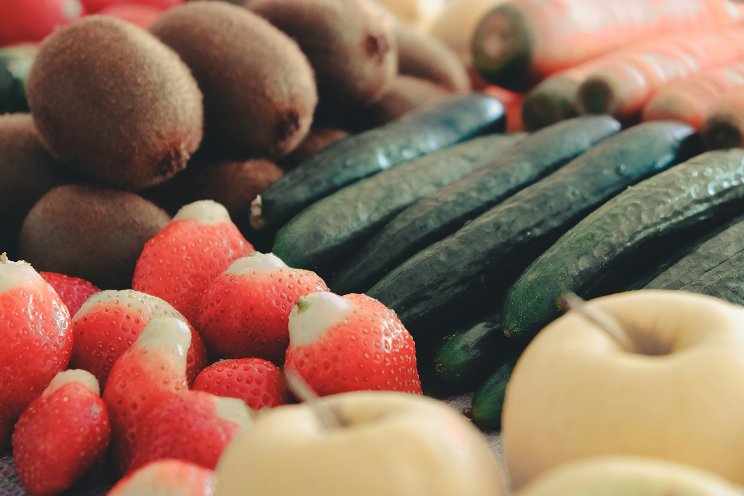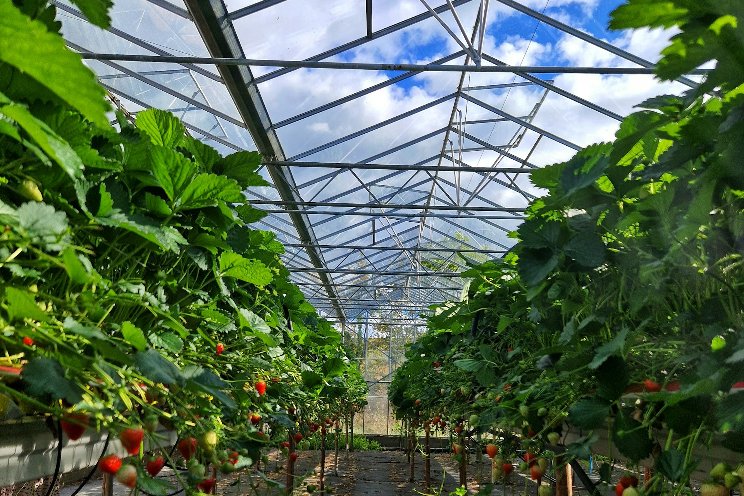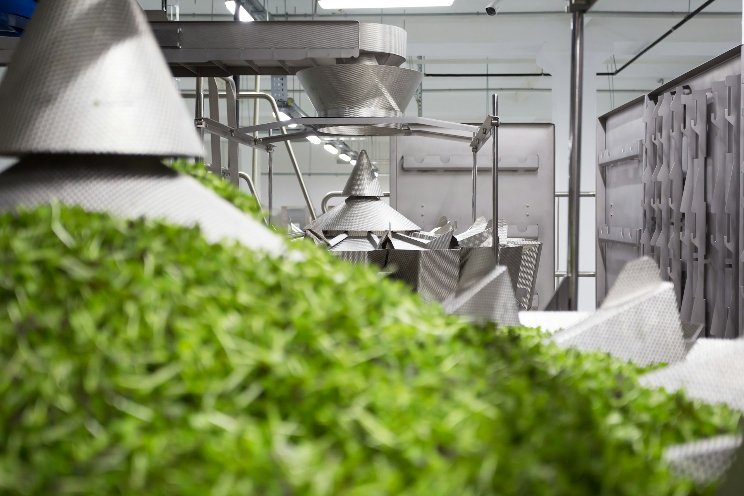Quebec company takes vertical farming underground
Added on 21 December 2021
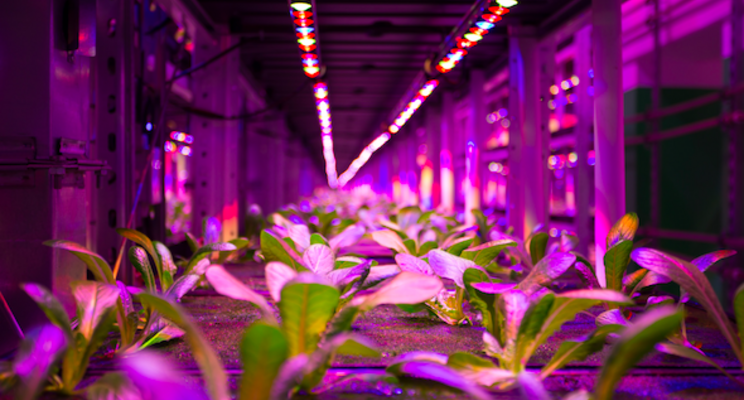
Traditional produce farming has seen a slow transition from flat fields and greenhouses to vertical production.
Now an eastern Canadian company wants to divert farm and garden producers' attention in the opposite direction — deep inside the ground.
GreenForges of Montreal intends to tap the benefits of vertical farming, such as year-round production, high quality food and reduced water consumption, and deliberately bury them beneath the surface. It believes this strategy will simultaneously tackle vertical farming's greatest challenges: energy costs and space limitations.
Incorporated in August 2019, the underground farming technology company has a staff of 16, excluding advisers.
"It's growing fast, and the reason is the mission and the potential change it can bring to the world. It's especially attractive to all who are open to listen," said GreenForges' chief marketing officer Nicola Maglio. "We're a privately funded company with our initial order of business being to build a prototype and validate the first piece of technology we're creating."
He describes major construction that involves drilling 40, 60 or 90-inch diameter holes, or forges, of variable depth that are fitted with steel casings. Framed modules will be planted above ground, then mechanically lowered into the vertical tunnels and lifted for inspection or harvesting.
Artificial lighting inside the forges will be powered by renewable energy, including geothermal, depending on location.
"Water is recycled in a closed loop system," said Maglio. "An above-ground tank will deliver it to the forges where it's used and recycled. Water use is similar to vertical agriculture plus we believe there's a 98 percent reduction in comparison to field farming."
He said a computerized user interface will remotely control nutrient input, lighting and the raising and lowering of modules.
ADVERTISEMENT
"All the variables will be regulated remotely from ground level. One of the large advantages will be the reduction of labour requirements as it will be simple to operate with minimal staff not having to walk long distances."
Maglio says the company will start by growing leafy greens, herbs and berries because they're the most economically viable, but the goal is to quickly offer more crop variety than their vertical counterparts. It envisions the forges will grow tomatoes, strawberries, mushrooms and eventually pulse crops.
"It will be a progression, starting with whatever makes sense. Ideally, we'll get the technology to where we can grow staples like corn and wheat because that's the holy grail of vertical farming. It's where the calories are and where a dent can be made. We're not going to feed the world with lettuce and basil."
Maglio said vertical farming has its place in food production, but temperature control is a significant challenge. Large buildings must be heated or cooled to maintain optimal growing conditions.
"The underground is guaranteed a stable temperature, which means less energy is required for climatization," he said. "We're estimating we can cut 30 to 40 percent in energy spending as opposed to vertical, especially when we leverage geothermal energy to power the technology. We're exploring this right now. Energy is the first major advantage."
Underground farming is also adaptable to extreme surface environments, whether deserts or sub-zero climates. Rural and urban locales are suitable to support forges, which could be embedded beneath new high-rise buildings or placed in rural communities, giving owners an added source of revenue and access to fresh food.
"It unlocks agriculture in remote areas where it wouldn't otherwise be possible," said Maglio. "In addition to creating space for gardens and crops, digging holes doesn't involve cutting forests or creating urban clutter. That's the next advantage."
While vertical farming is more efficient and productive per sq. metre than field agriculture, it's also more intrusive than underground and requires space in large warehouses.
Click here to read more.
Photo by Petr Magera on Unsplash
Source: The Western Producer
More news
